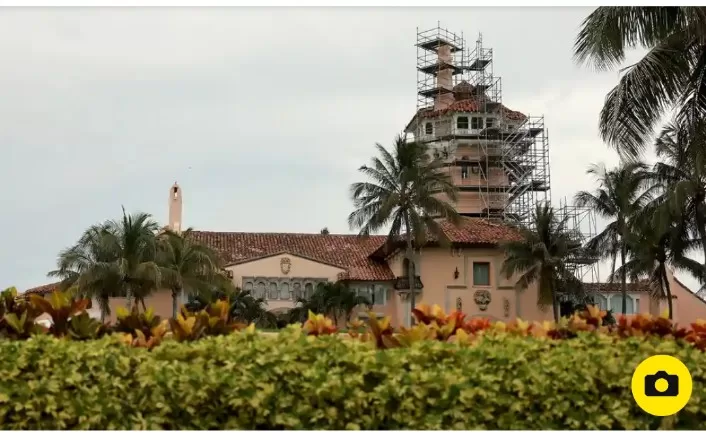Donald Trump’s legal team has once again petitioned a federal judge to delay his trial on charges related to the illegal retention of multiple national defense documents at his Mar-a-Lago club. This latest request proposes moving the trial start date from May to at least mid-November 2024. Trump has consistently sought to delay the trial proceedings, including requesting an indefinite postponement while navigating the case’s complex procedural and evidentiary aspects.
Trump’s strategy appears to hinge on the belief that, if reelected, he could instruct his attorney general to drop the cases against him. Alternatively, even if he lost the election, proximity to the 2024 election would enable him to allege that the prosecutions were politically motivated.
This latest exchange between both sides presents a new challenge for US District Judge Aileen Cannon, a Trump appointee who faced extensive criticism last year during the criminal investigation for rulings that initially favored the former president, only to be overturned on appeal.
In their renewed request for a trial postponement, Trump’s lawyers accuse prosecutors of failing to fulfill their statutory obligations by not providing nine of the 32 documents at the heart of the case. These documents, covered under the Espionage Act, are integral to the case’s discovery process.
Trump’s legal team argues that this delay in accessing the documents, which were deemed too sensitive to remain in Florida and were relocated to Washington, necessitates an adjustment to the case schedule. Additionally, they assert that the construction of a secure facility for the judge to review classified documents in Fort Pierce, where the courthouse is located, is running over three months behind schedule.
Trump’s lawyers also countered prosecutors’ suggestions that he was attempting to exploit the intricate procedures for using classified information at trial, known as the Classified Information Procedures Act (CIPA), to buy time. They specifically demanded that prosecutors disclose any tangential information that could be exculpatory, which are referred to as “prudential search requests.” These requests involve national security prosecutors consulting with the US intelligence community regarding the nature of sensitive documents they intend to charge.
Given Trump’s increasingly crowded courtroom calendar, his legal team cited scheduling conflicts as another reason for the delay. Trump’s other federal trial, related to his alleged involvement in subverting the 2020 election results, is scheduled to commence on March 4. Delays in that case could potentially overlap with the start of the classified documents trial set for May 20.






